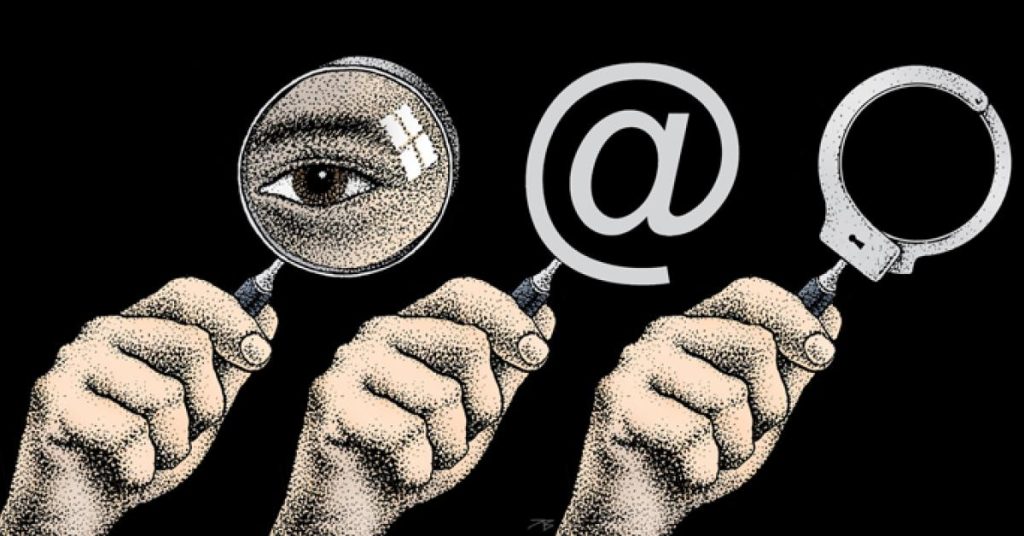
Where Should We Draw the Line?
In a world of clickbait headlines and misinformation, the importance of ethical journalism cannot be overstated. Journalists serve as watchdogs, truth-tellers, and the bridge between the public and the powerful. But how do they maintain integrity amidst growing pressures?
The Core Principles
At its heart, journalism thrives on principles such as truth, accuracy, impartiality, and accountability. These are vital for building public trust and ensuring a well-informed society.
Modern Ethical Dilemmas
With the advent of digital media, ethical challenges have multiplied. For instance:
- Privacy vs. Public Interest: When does the need to inform the public outweigh an individual’s right to privacy?
- Speed vs. Accuracy: In breaking news, the pressure to be first often jeopardizes the accuracy of reporting.
- Sponsored Content: As revenue streams dwindle, how can journalists maintain objectivity in the face of advertiser influence?
The Way Forward
Media organizations must reinforce ethical training, establish clear guidelines, and promote transparency. Additionally, readers must demand accountability, ensuring that journalism remains a force for good.